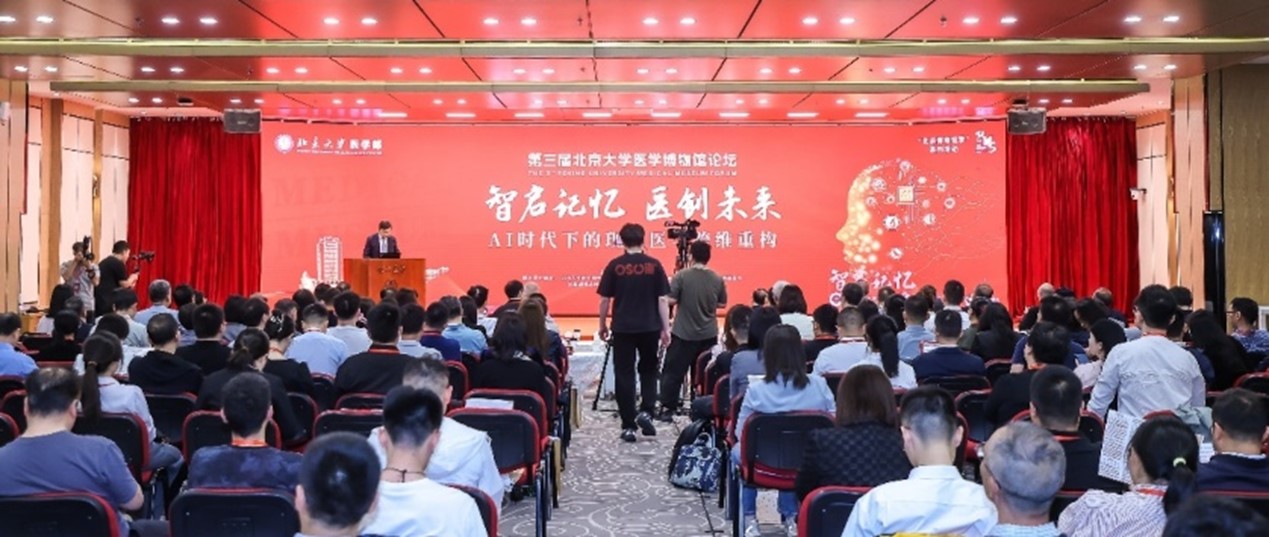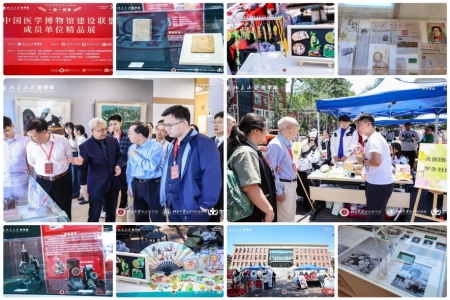
Peking University, June 09, 2025: As AI is poised to revolutionize the field of medicine, it has become increasingly necessary to explore how to use this technology for more breakthroughs in research and education.
This topic was closely examined at the 3rd Peking University Medical Museum Forum on May 24, hosted by Peking University Health Science Center (PKUHSC). The speakers at this forum discussed AI’s impact on medical industry and education, as well as the responsibility of the PKU Medical Museum in carrying forward cultural heritage amid a new wave of technological revolution.
In her remarks to the forum, Qiao Jie, President of PKUHSC, emphasized the ongoing integration of AI and the PKU Medical Museum, saying that the technology is the key to the Museum’s breakthroughs in transitioning from an exhibit to a smart education facility. She also pointed out that humanity behind the technology must be valued to create a constructive human-machine interaction and to promote the compassionate spirit of medical workers.
Han Qide, Academician at Chinese Academy of Sciences, noted that the Museum should not only preserve history, but also spur innovation empowered by AI. The Museum has become an important vehicle for animating and conveying medical knowledge, a crucial tool for building value, confidence, and serving the Healthy China initiative, he said.
On the sidelines of the forum, special exhibitions were opened under various themes, including the commemoration of the 10th anniversary of Tu Youyou’s winning the Nobel Prize, feature collections from members of the China Medical Museum Construction Alliance, cultural and creative works by young scholars at medical schools, etc.
Part of the “Beijing Museum Season”, this forum not only provides new insights into the development of the Museum empowered by AI, but also efficiently promotes the field of medicine to the general public through innovative ways such as themed exhibitions.
The forum was co-organized by PKU Medical Library, PKUHSC Archive Center, and Hainan Saint Apricot Medical Development Foundation, with strategic support from BrightGene Bio-Medical Technology Co., Ltd.

Written by: Fan Xiaofei
Edited by: Liu Xin, Chen Shizhuo
Source: Peking University Health Science Center (Chinese)